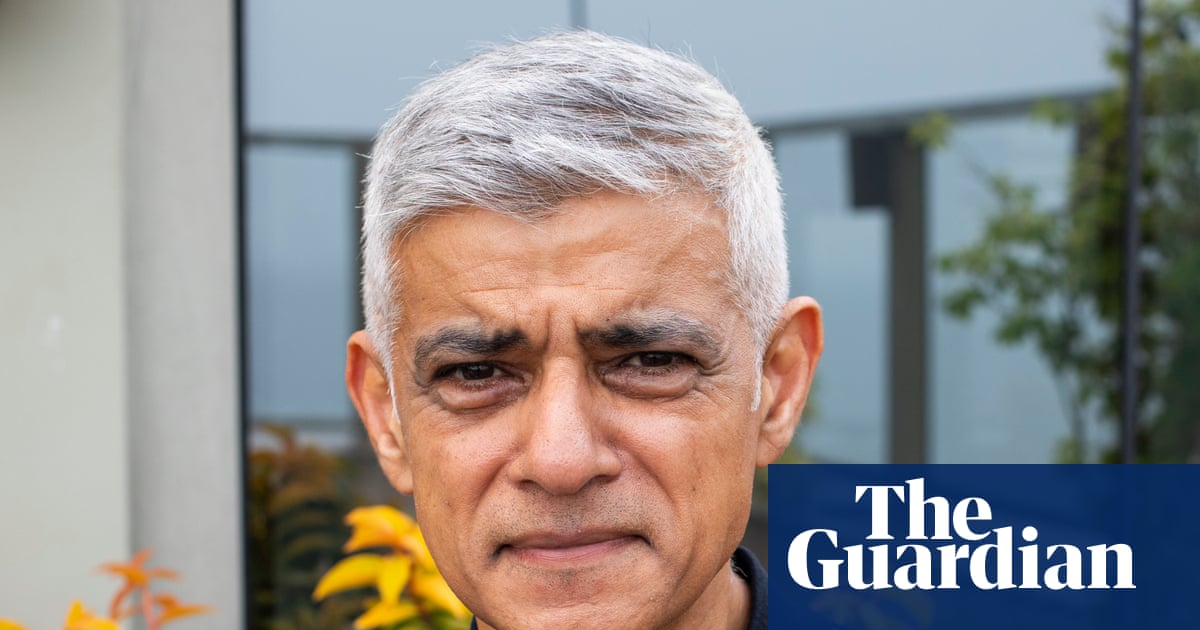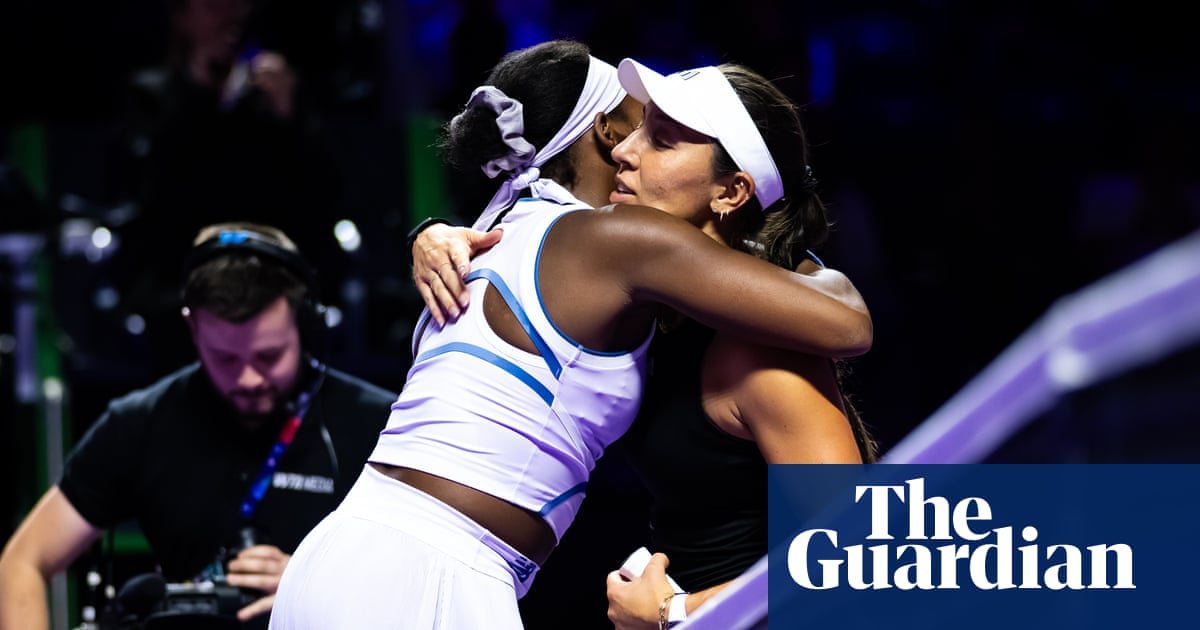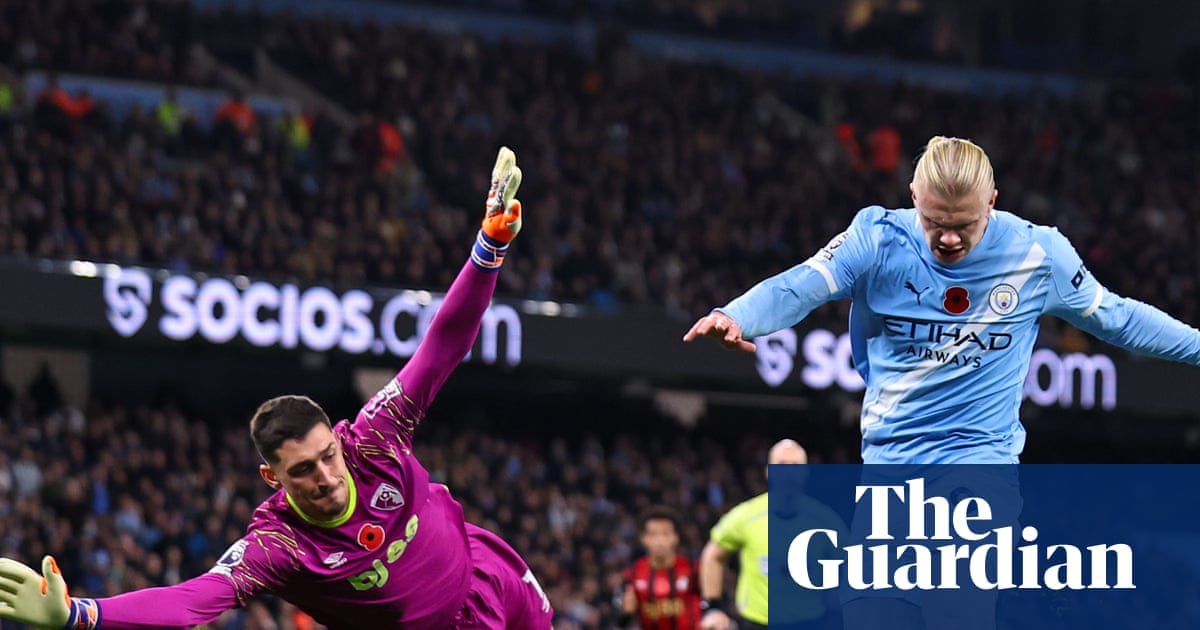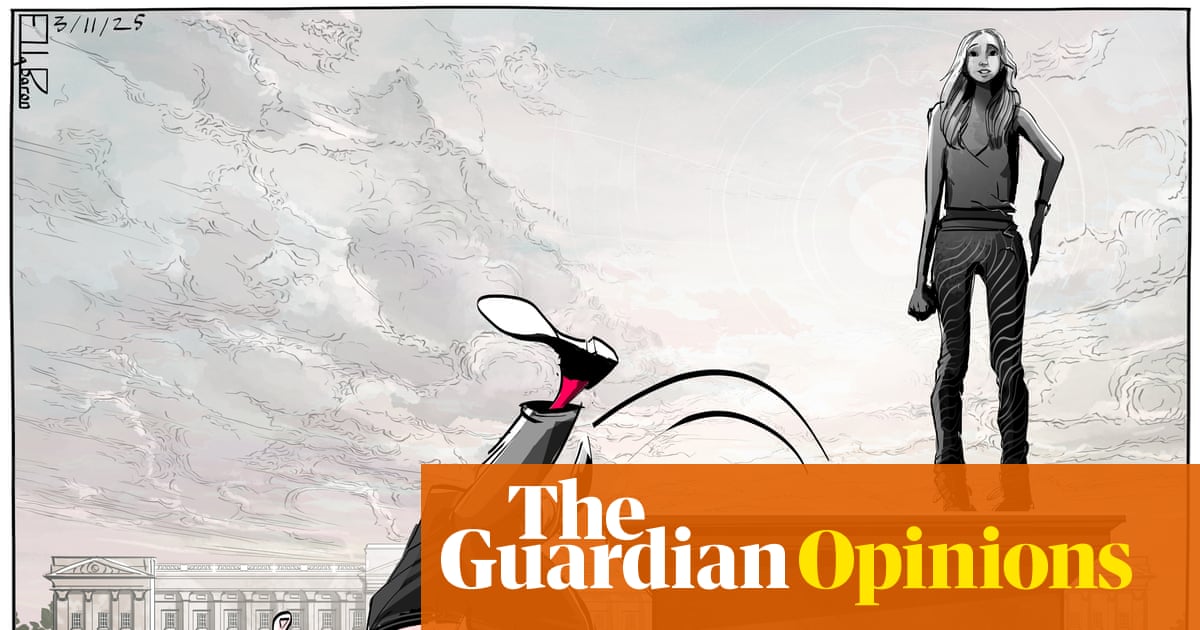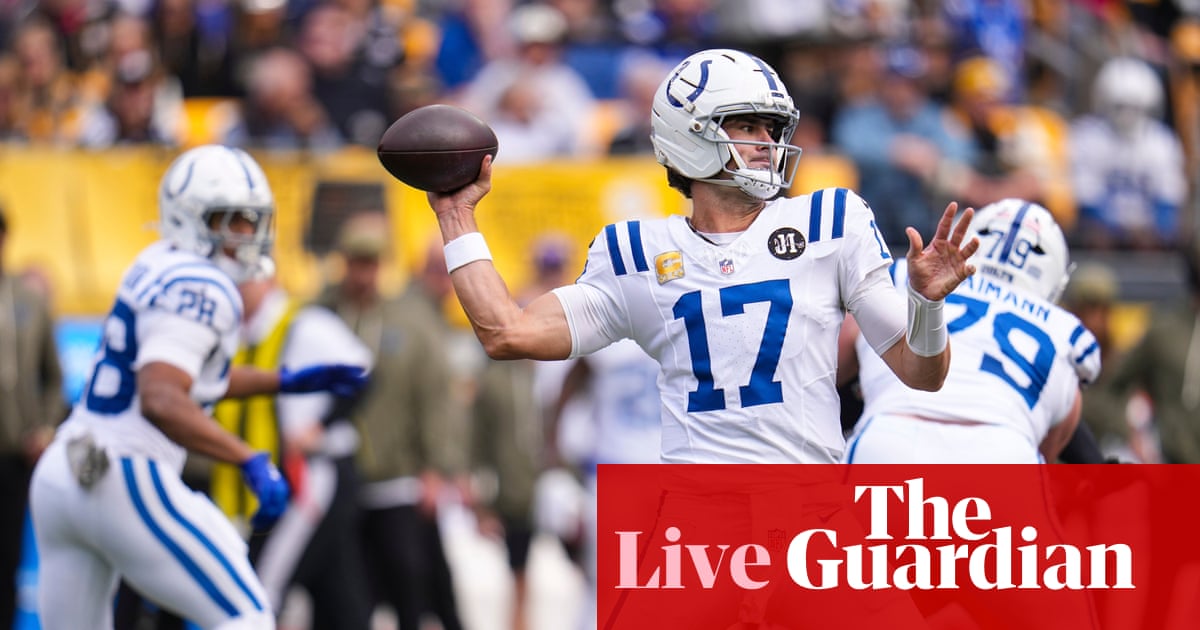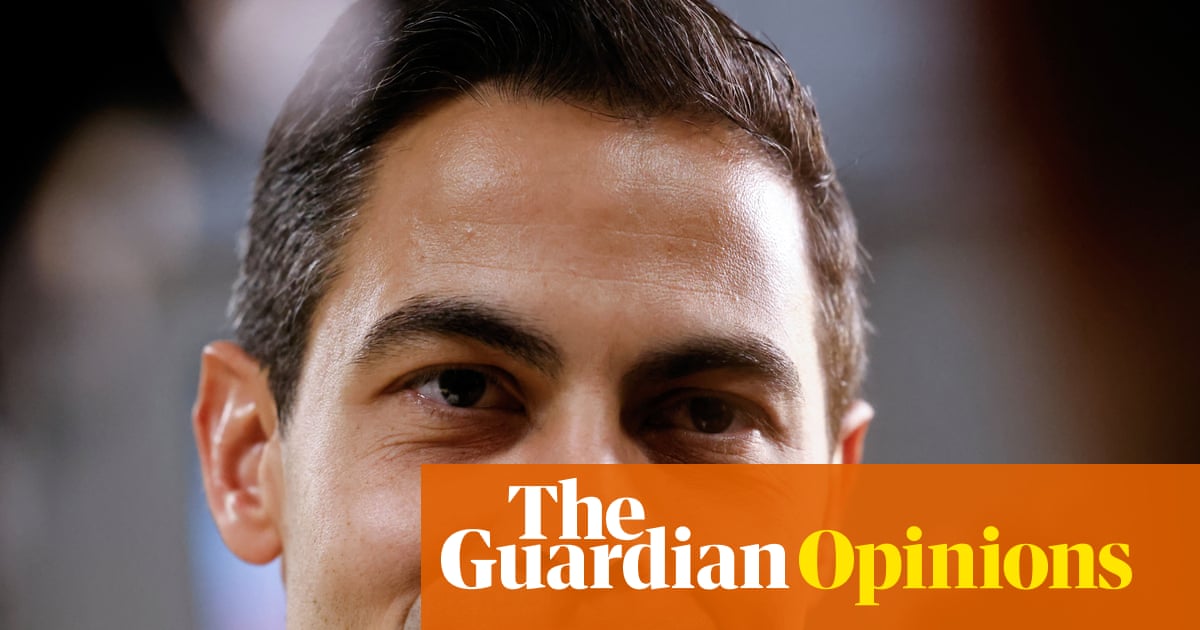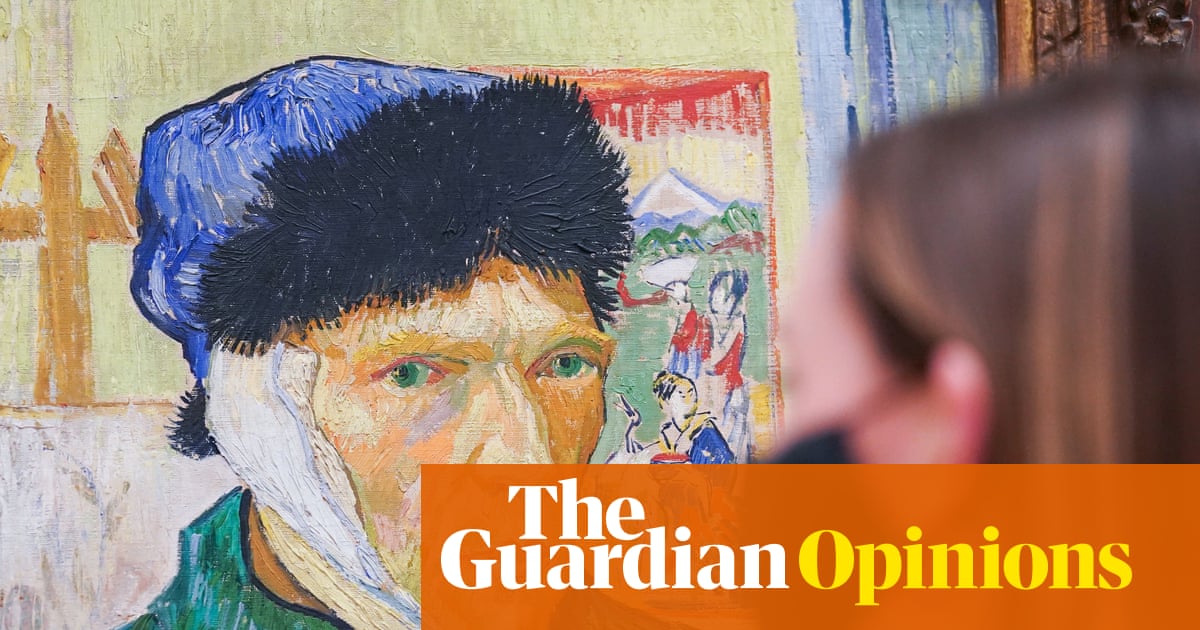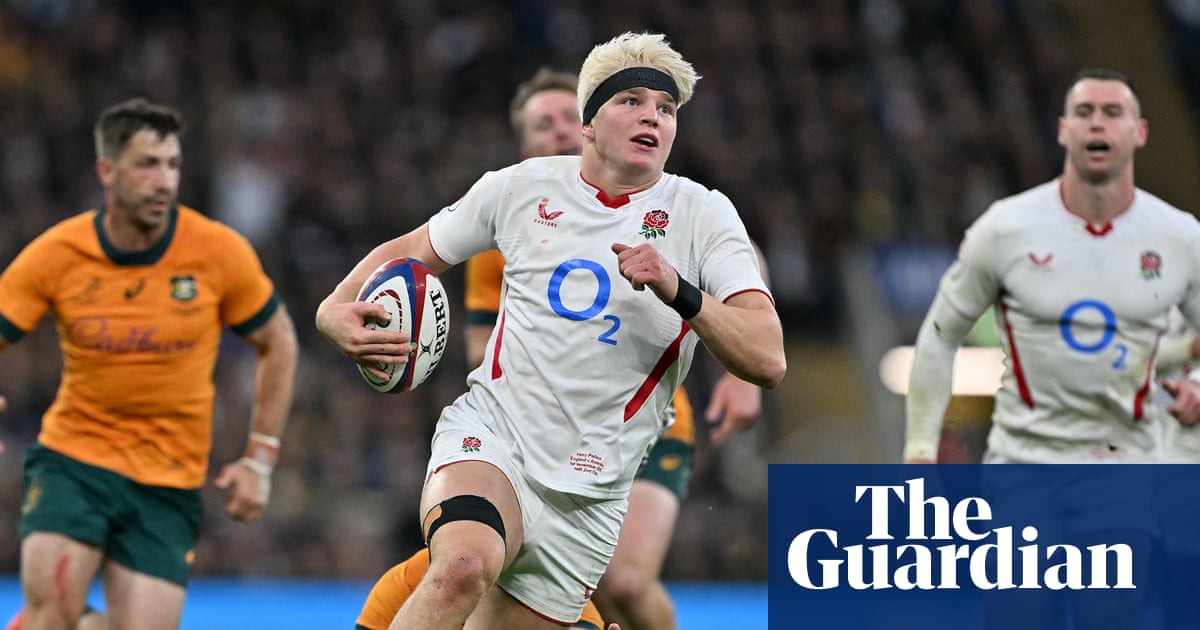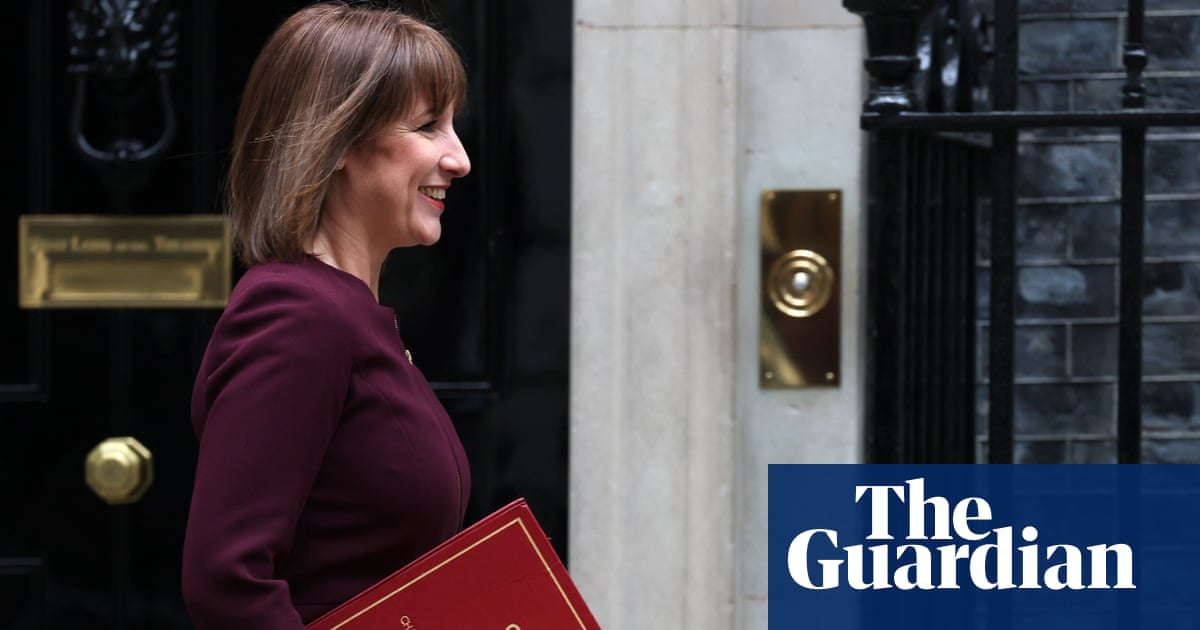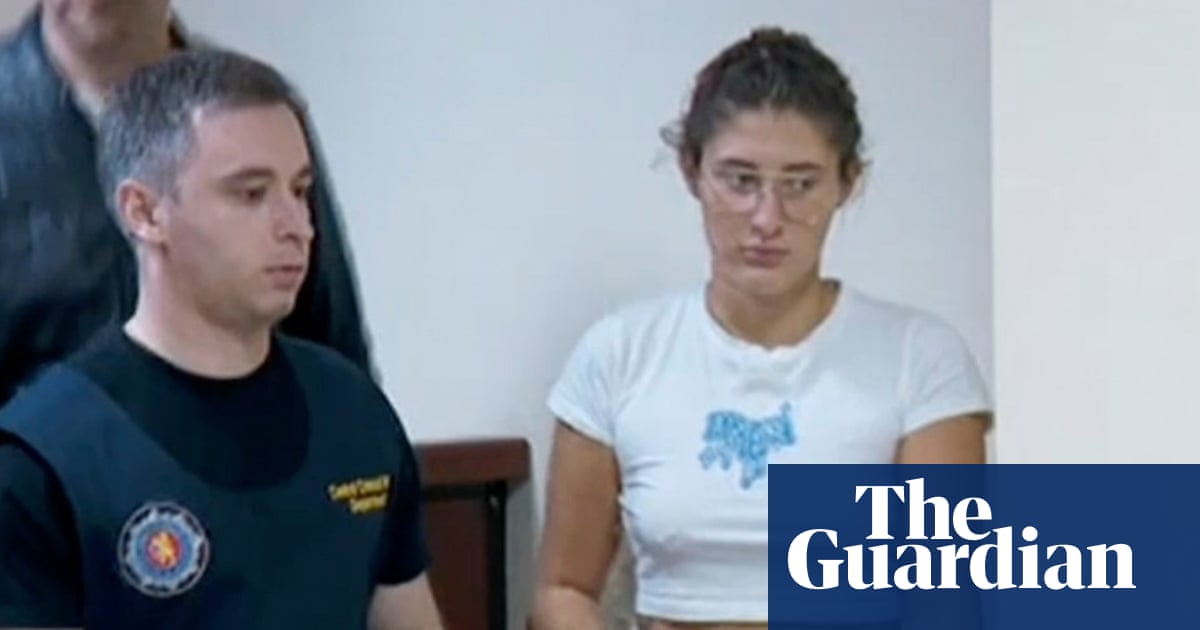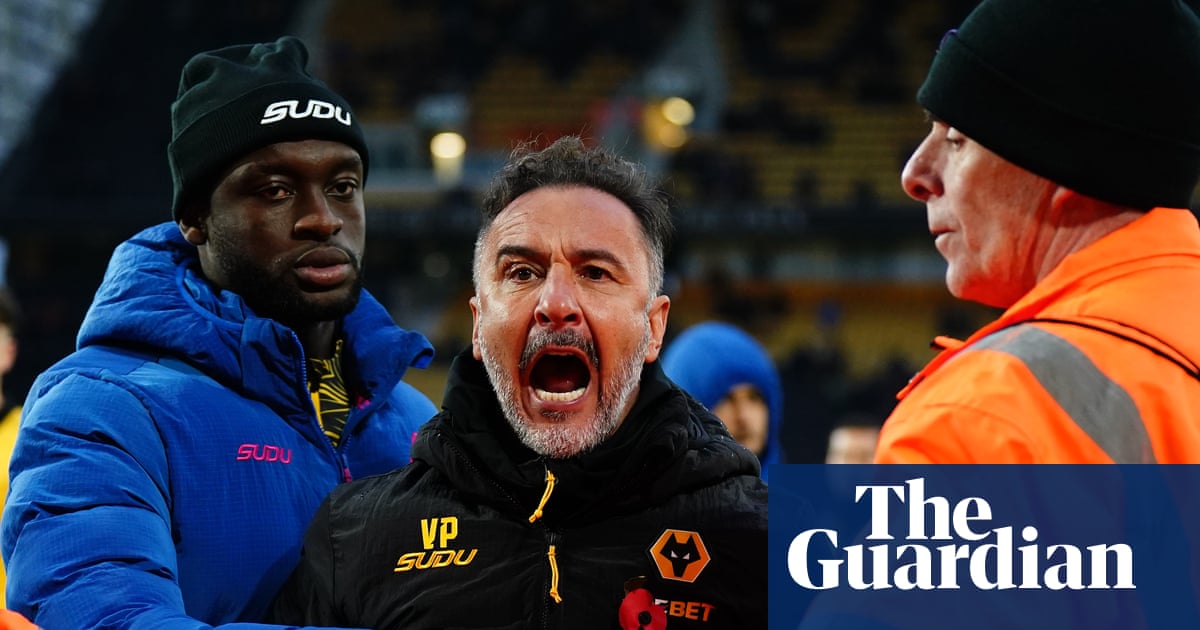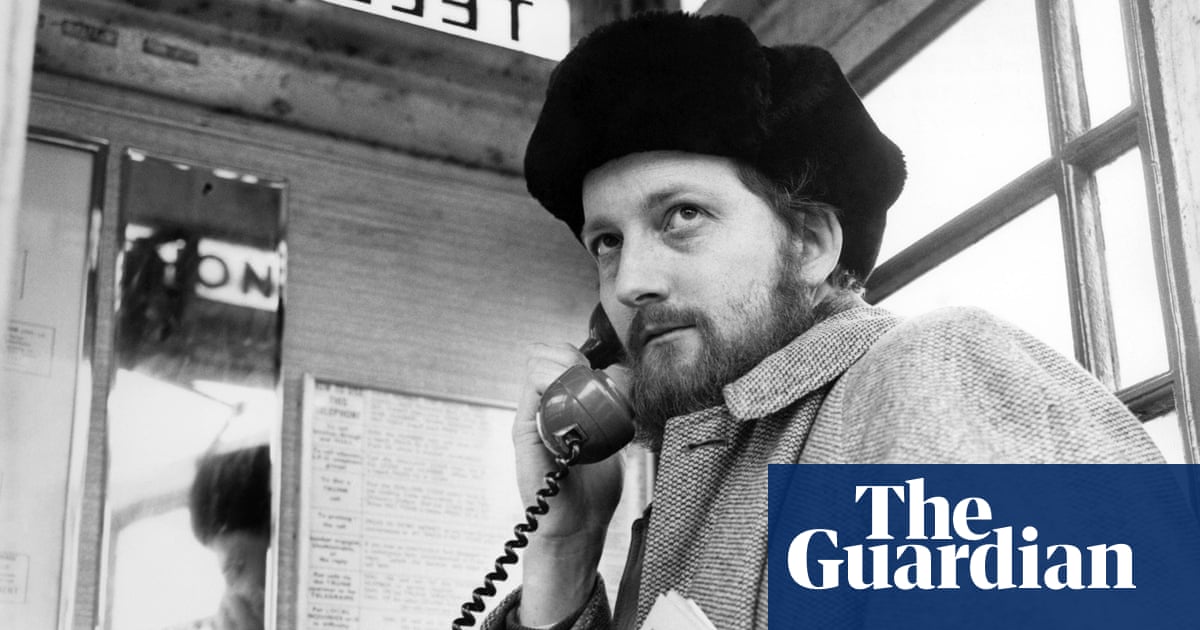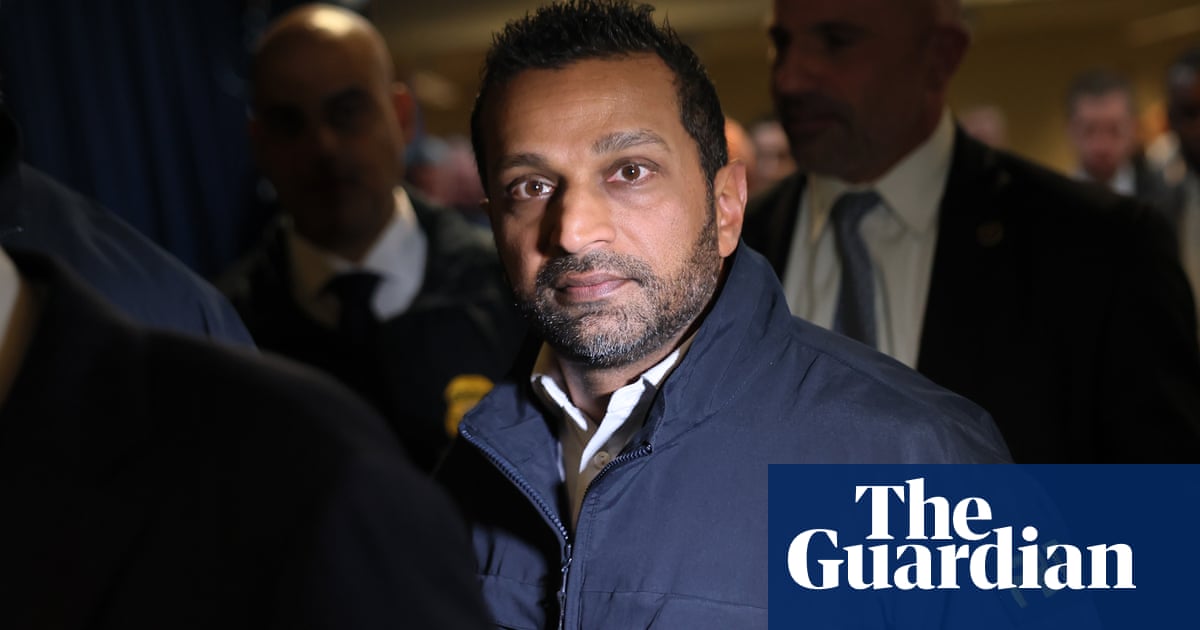Jamieson Greer, a US trade representative, said on Monday that Washington and Beijing have struck a framework agreement on transferring TikTok to US-controlled ownership.
Speaking after emerging from negotiations with Chinese officials, Scott Bessent said the deal was coming but declined to reveal the commercial terms.
“We have a framework for a TikTok deal,” the treasury secretary told reporters after coming out of high-level talks in Madrid. “We’re not going to talk about the commercial terms of the deal. It’s between two private parties, but the commercial terms have been agreed upon.” Bessent added that the Chinese team had made “aggressive asks” during negotiations, but didn’t explain what they were.
Li Chenggang, the top Chinese trade negotiator, confirmed later on Monday that two sides had reached a basic framework consensus on resolving issues related to TikTok through cooperation, reducing investment barriers and promoting trade. Li said friction between the two economic giants was normal, but warned Washington against continued “suppression” of Chinese companies.
“We would like to stress that the outcomes of the trade and economic consultations are hard won, and the US side should not, on the one hand, ask China to accommodate its concerns, whilst at the same time continue to suppress Chinese companies,” Li said in Madrid.
The framework agreement is a breakthrough in the long-running dispute over TikTok’s ownership, which has raised national security concerns in Washington over the app’s Chinese parent company ByteDance. In April 2024, Joe Biden signed legislation that gave ByteDance nine months to sell the platform to a US-approved buyer or face a total ban – a deadline that Donald Trump has repeatedly extended.
The US is estimated to have over 135 million active users on the platform, including the White House, which launched its own official account in August, despite the fact that government devices themselves are still prohibited from using the app under federal law.
TikTok briefly went dark in January when the ban took effect, displaying messages that the app was unavailable under US law. Trump reversed the shutdown within hours of taking office, signing an executive order to delay enforcement for 75 days before extending the deadline again and again. Apple and Google had removed TikTok from their app stores during the brief blackout but restored access after government assurances they would face no penalties.
Washington’s security concerns center on fears that Beijing could manipulate the massively popular platform to spy on Americans or influence public opinion. Christopher Wray, the former FBI director, warned senators that China’s national security laws could compel ByteDance to hand over user data or suppress content, and the department of justice last year said TikTok had gathered the sensitive data of American users based off gun control, abortion and religion through its use of Lark, a workplace communication platform similar to Slack or Microsoft Teams, according to court documents.
Security experts have long pointed to three main areas of concern: Chinese influence campaigns, mass data collection on US citizens, and potential vulnerabilities that could compromise users’ devices.
The TikTok ownership saga stretches back to 2020, when Trump first ordered ByteDance to divest TikTok or face a shutdown. Microsoft initially pursued a potential acquisition worth billions of dollars, with CEO Satya Nadella engaging directly with Trump, but it fell apart in what Nadella dubbed at the time “the strangest deal” he’s ever worked on.
Soon after, Walmart and Oracle came close to buying TikTok’s US arm, proposing a joint acquisition of a new entity called TikTok Global, but it was shelved indefinitely after the Biden administration conducted its own review of Chinese tech companies.
Oracle has remained TikTok’s US cloud provider since 2022 in a deal aimed at addressing security concerns.
Bessent said final details would be settled when Trump speaks with Xi Jinping, China’s president, on Friday. Trump hinted that the deal was in the making while all sides were still at the table, posting on Truth Social that “A deal was also reached on a ‘certain’ company that young people in our Country very much want to save. They will be very happy!”
Greer confirmed that the agreement was now awaiting approval from both leaders.
“We’re not going to be in the business of having repetitive extensions,” Greer said. “We have a deal.”

.png) 1 month ago
40
1 month ago
40


